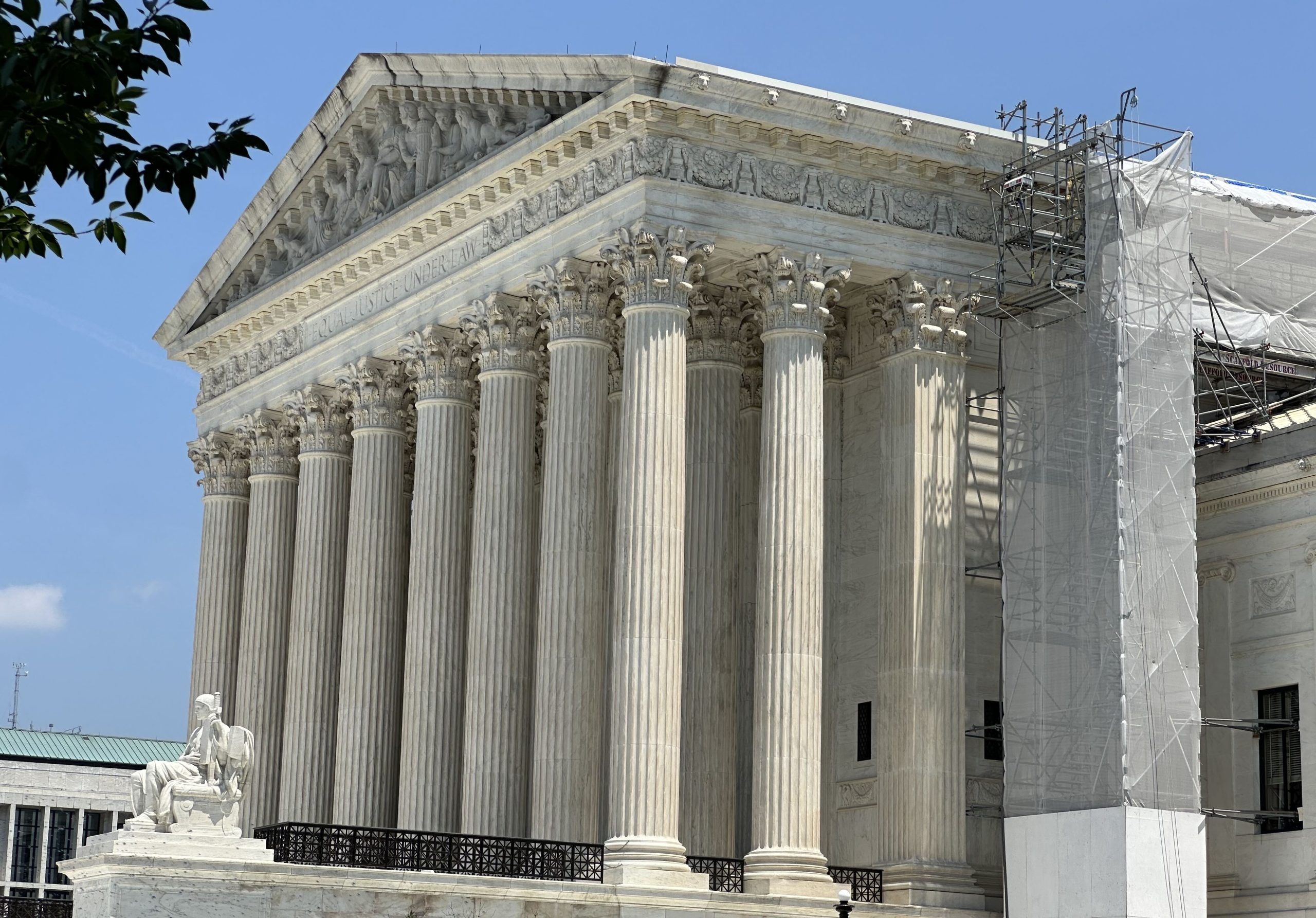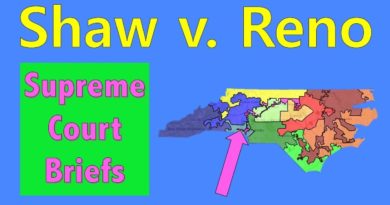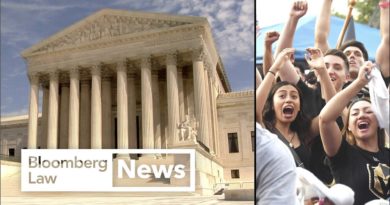Supreme
SCOTUS NEWS
The December argument schedule
FDA v. Wages and White Lion Investments (Dec. 2) – Challenge to a ruling by the U.S. Court of Appeals for the 5th Circuit setting aside the FDA’s denials of applications to market new flavored e-cigarettes.
United States v. Miller (Dec. 2) – Whether a bankruptcy trustee can reverse a debtor’s tax payment to the United States when no actual creditor could have obtained relief.
Hungary v. Simon (Dec. 3) – In a case brought by the families of Holocaust survivors to recover from Hungary and its national railway for the seizure of their property, the court will consider the scope of the “expropriation” exception to the Foreign Sovereign Immunities Act, which carves out an exception to the general rule that foreign governments cannot be sued in U.S. courts when “rights of property taken in violation of international law are in issue.”
United States v. Skrmetti (Dec. 4) – Challenge to Tennessee’s ban on puberty blockers and hormone therapy as gender-affirming care for transgender youth.
Kousisis v. United States (Dec. 9) – Whether the use of deception to bring about a commercial exchange can be mail or wire fraud, even if the scheme was not intended to cause economic harm for the victim.
Feliciano v. Department of Transportation (Dec. 9) – Whether a federal civilian employee who is called to active military duty during a national emergency is entitled to receive compensation for the difference between his civilian pay and his military pay even if his duty is not directly connected to the national emergency.
Seven County Infrastructure Coalition v. Eagle County (Dec. 10) – Whether the National Environmental Policy Act requires an agency to study environmental impacts beyond the immediate effects of the action that the agency has the power to regulate.
Dewberry Group v. Dewberry Engineers (Dec. 11) – Whether, when a plaintiff obtains an award of the “defendant’s profits” in a lawsuit brought under the Lanham Act for a trademark violation, that award can require the defendant to turn over the profits of a separate corporate affiliate that is not part of the case.
This article was originally published at Howe on the Court.






